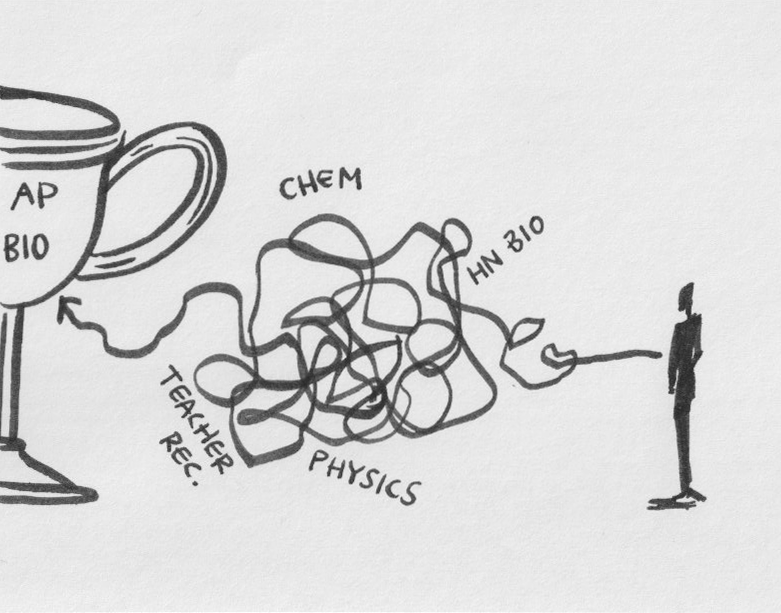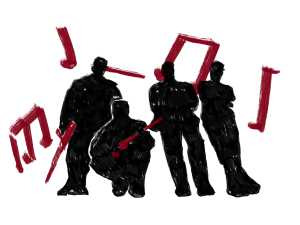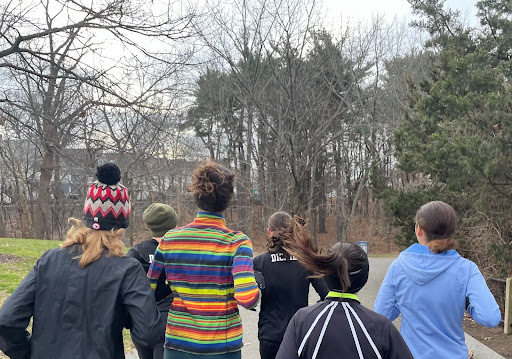Prerequisite Courses Are Unnecessary and Unhelpful
Why CRLS Shouldn’t Make Introductory Classes Mandatory
February 5, 2020
Currently at CRLS, if a student wants to take a certain class, they must first take the prerequisites for that course. To take AP Biology, for example, a student must first take some form of physics and chemistry, as well as either Honors or standard Biology. In most cases, Aspen does not allow students to take a course if they have not taken its prerequisites; in other cases, faculty enforces this rule. In many cases, however, students who are interested in a course know a lot of its prerequisite material, so forcing them to take other courses deprives them of the opportunity to further explore their interests.
In a study conducted by the National Institutes of Health in 2017, students at a public university indicated that they believed prerequisites to be helpful in establishing background knowledge, but that they also take up a lot of time that could otherwise be spent learning something else. Students also felt that they could have done well in advanced courses without taking prerequisites. The same study shows that taking the prerequisite course had little to no impact on student performance in the class examined and that all of the students, whether or not they had taken the prerequisite course, had similar academic performance. Dr. Matt Reed, a former dean at County College of Morris, wrote about studies done by his school showing that prerequisites led to “zero difference in success.” Such studies would not be complicated to replicate here. He states that, in many cases, prerequisites were kept only to make a statement on rigor and to make the course look more challenging rather than contribute to student learning. Though I doubt that the latter point is applicable to CRLS, prerequisites could easily lead to the same “zero difference in success” in later courses.
The removal of prerequisites empowers students to take responsibility for their choices and to push themselves further.
Although students on a standard track cannot change to an Honors track in many American high schools, this is not the case at CRLS. Here, we have been able to change our views and procedures surrounding tracking. In the same way, prerequisite courses can be eliminated and have similar benefits for students: in addition to giving students more options, the removal of prerequisites empowers students to take responsibility for their choices and to push themselves further.
Though some educators prefer students to come into a class with the same prior knowledge and experience, this decreases the number of unique perspectives that students can bring to class.
It is also important to note that, since prerequisites were first established, possibilities for self-study have increased: the internet, libraries, and countless other resources allow any motivated student can learn the material from a course over the summer. As such, removing prerequisites encourages self-study. Going forward, prerequisites should be replaced with a description of the requisite knowledge in the course catalog that students need to take a course. This way, students can know if it makes sense for them, as individuals, to take a course. Our school encourages student responsibility and accountability. In that context, do prerequisites make sense? No—prerequisites must go.
This piece also appears in our January 2020 print edition.










